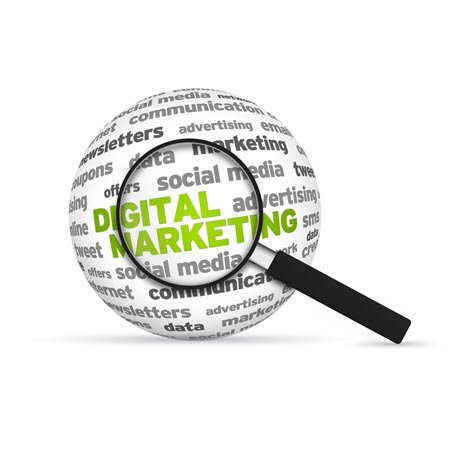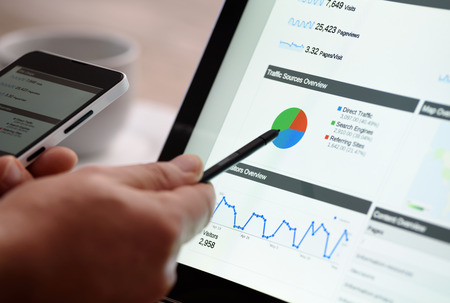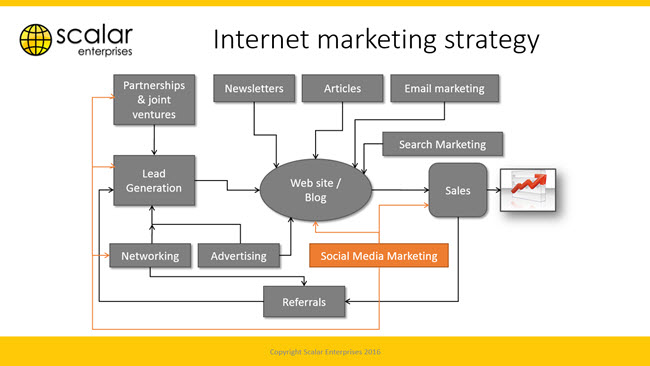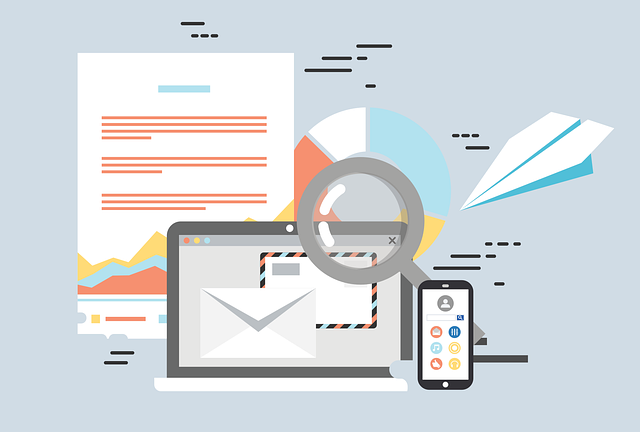One more animated video with something else you can try.

Digital Marketing for small businesses
[Updated again March 2022]
I originally wrote this article some time ago for a local business magazine and thought as it is still as true today, I would tweak it and re-publish.
More and more businesses are realising the significant benefits of digital marketing (also called Internet, inbound or on-line marketing) compared with more traditional methods these days. That doesn’t mean the older traditional ways are redundant, a mix of both generally works well. As with any marketing, the mix and methods that suit your business will be very dependent on your particular market, products, services, target audience, competitors and viewing platform (i.e. desktop PC, laptop, tablet, mobile phone) etc.
With the growing popularity of on-line marketing, more and more businesses are making use of it…
Amongst the benefits, apart from it generally being cheaper so you can get more marketing for your money (one of the biggest attractions), digital marketing allows you to easily measure how it is performing, track visits, and do things like “split testing” so you can see if different content performs better than what you currently have.
Any good marketing book or consultant will tell you that you need to measure the results of any marketing you do, otherwise you don’t know what works or doesn’t and so you can ditch or improve the stuff that doesn’t and obtain best results and return on your investment (ROI). A tool like Google Analytics is a fantastic tool for this and what’s more it is totally free!

Digital also allows you to change things quickly and simply, unlike printed material. For example, if you have 5000 flyers printed and you see they are not working, find an error or need to add or change something, you can’t do anything about it, you have to throw them away and re-print so it can prove expensive (and wasteful). In comparison, with on-line material you can generally pause your campaign, change the material quickly and easily and start it off again.
The technology also allows easy integration of other marketing channels such as social media (such as Twitter, Facebook, LinkedIn, Instagram etc) with your on-line presence (website, landing pages, blog, articles) making best use of multi-channel marketing – the more channels you have the better and the more stable your marketing plan will be.
Another benefit of this is that it levels the playing field to a great extent so you can compete better against a larger range of competitors (including bigger ones).
With the growing popularity of on-line marketing, an increasing number of businesses are investing more of their annual marketing budgets into it which means you also have to keep a closer eye on your competition and market and do more to keep up with your competitors and ideally of course keep ahead of them.
Getting on-line is actually not that difficult these days, even if you are on a tight budget you can still make a start. If you keep it simple there is a lot you can do yourself and this can get you started – better than not having a website at all (as long as you do it properly, otherwise it might do more harm than good). Once you get a bit more established and have a bit more money to spend on your marketing, you can look at investing in a professionally designed website that is better suited to your business needs and should work better for you.
Of course, getting your website up and running is only the start of marketing your business, just making it live doesn’t mean lots of people will start visiting it and work will come flooding in. “Build it and they will come” is a myth you may have heard – they won’t !
Picture your web site (and/or blog) as the hub of your marketing plan, you need to use other marketing channels to drive traffic to it.

This can be a mix of different marketing methods such as Pay-per-click advertising, social media, flyers, advertisements etc. The more channels you have the better, but you need to first understand your target customers and markets and the messages you need to get across to make it work to best effect for you.
Please feel free to share this with any other small businesses that you think might find it useful.


